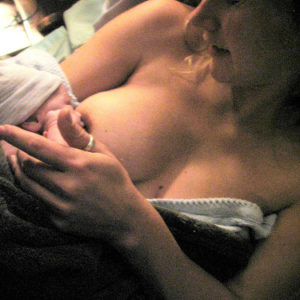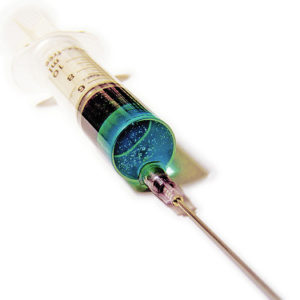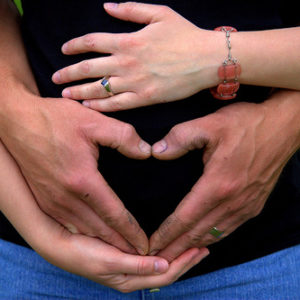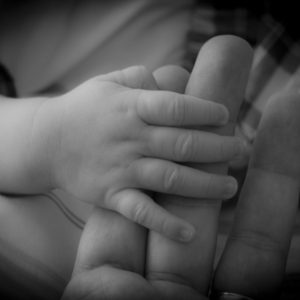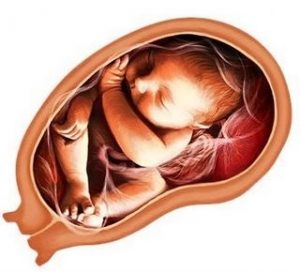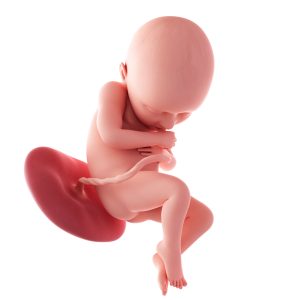
36 Weeks Pregnant
Your 36th week begins

- Development The baby’s lungs are now functioning normally and weight gain is steady.
- Schedule Stay alert for any bleeding or other signs of labor.
- 36 weeks is how many months? 36 weeks pregnant means 9 months. With week 36, you are in the first week of the 9th month of your pregnancy.
IMPORTANT: The body is so perfect that it starts giving signs that the time is near. The belly starting to drop indicates that the baby is descending and fitting into place. The mucus plug begins to come out and you may have practice contractions.
IMPORTANT: Have you chosen the maternity hospital? Have you checked your route? Consider alternative routes, remembering you might need to get to the maternity hospital during peak traffic times or have to detour around unexpected roadblocks.
- At 36 weeks pregnant, you’re entering the 9th month and your baby is about 47.4 cm long and weighs about 2.6 kg.
- The baby’s hair, eyebrows, and eyelashes are already in the right place and clearly visible.
- At 36 weeks, your baby’s lungs are functioning normally and the kidneys are able to produce an average of 600 ml of urine, which is released directly into the amniotic fluid.
- Know that moms have the right to a companion at the time of birth and for 12 hours after delivery. So if you have the baby outside of visiting hours or aren’t staying in a private room, don’t worry.

More information about 36 Weeks Pregnant
At 36 weeks pregnant, you’re entering the 9th month and your baby is about 47.4 cm long and weighs about 2.6 kg. Yes, your baby is already very big and you can feel all that strength in their movements. Now already considered full term, your baby is no longer considered premature. If they need to be born now, the doctor can deliver the baby with more confidence.the birth
By the peak of 36 weeks, it’s quite likely your little one is already in the “correct” position to be born. But if not, they may turn by delivery day. If the baby is breech, a cesarean section may be advised, since few doctors deliver vaginally with the baby in this position.
Baby’s Development
At 36 weeks, your baby’s skin already has enough fat to handle the temperature after birth. There’s less vernix1, and the lanugo is disappearing more and more. The baby’s hair, eyebrows, and eyelashes are already in the right place and clearly visible. Some babies are born with no hair at all—and a bald baby can be quite charming, can’t it?
At 36 weeks, your baby’s lungs are functioning normally and the kidneys can produce on average 600 ml of urine, which is released directly into the amniotic fluid2. Your baby’s eyes open and close and flutter a lot when awake, but most of the time is spent sleeping. Development is in the final stretch and the focus now is on lung maturation, so the lungs work as expected after birth.
Baby’s size at this stage is about 47.4 centimeters and the average weight is 2,600. At 36 weeks your baby might signal that they’re ready and want to be born at any moment, so stay alert!
How Mom Is Feeling
At 36 weeks, doctor visits are already weekly, and any complaints of pain or bleeding should be mentioned. So if your doctor hasn’t given you their emergency phone number yet, at this point they should, or you should at least bring it up during your next appointment.
Have you visited the maternity hospital where you’ll have your baby? Most maternity hospitals have visiting programs—just call and find out the available days and times. It’s also recommended to talk with the dad about attending the birth. Some dads are afraid they’ll feel unwell, while others wouldn’t miss it for the world.
Remember, moms have the right to a companion at the time of birth and for 12 hours after delivery. So if you have your baby outside visiting hours or won’t be in a private room, don’t worry—the dad can stay with you even in a shared ward.
At 36 weeks, your breathing gets easier as the baby moves down away from your ribs. That breathlessness will ease up! On the other hand, bathroom visits will increase as the baby puts more pressure on your bladder3. You may notice fewer movements, but baby should still move. If their pattern seems very different, eat something, rest your hand on your belly and wait about an hour. If the baby doesn’t move at least 6 times during this period, it’s best to see a doctor.
External Factors
Struggling to find a comfortable sleeping position? The end is near! Eat light, healthy foods and drink plenty of fluids to avoid feeling swollen and bloated in this phase. Avoid eating fatty and salty foods and heavy meals! Enjoy eating fruits, vegetables, greens, juices, and coconut water during this time.



From Dr. Malu Frade and Patricia Amorim for Famivita

